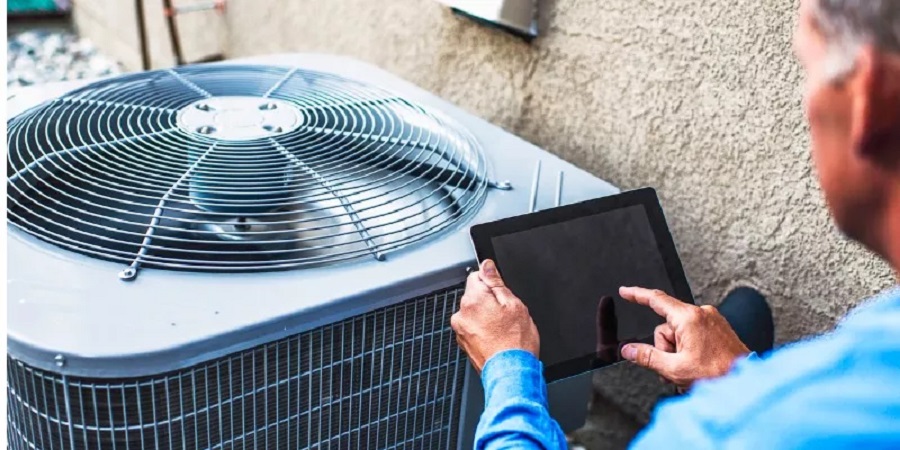Your HVAC system plays a crucial role in keeping your home comfortable throughout the year. But like any other system, it can develop issues over time. While some problems require immediate professional attention, recognizing early warning signs can save you time and money. In this blog, we’ll cover three common HVAC issues that you should be aware of: unusual noises, uneven cooling or heating, and strange odors.
Unusual Noises
Squealing and Whistling
Hearing a squealing or whistling sound from your HVAC system often indicates that a belt has either come loose or worn out. This issue can usually be resolved by tightening or replacing the belt.
Banging and Clanking
If you hear banging or clanking noises, it’s often a sign that there is a loose or broken part inside the system. It could be a fan blade, a motor mount, or another internal component.
Buzzing Sounds
A buzzing sound typically signifies an electrical issue. While some electrical problems can be fixed easily, others pose a risk of fire and should be immediately addressed by a professional.
Uneven Cooling or Heating
Blocked Vents
One of the most common causes for uneven temperature distribution is blocked air vents. Make sure all your vents are clear of dust, debris, and furniture to allow for proper airflow.
Dirty Filters
Dirty or clogged air filters can also result in uneven cooling or heating. A dirty filter restricts airflow, causing the system to work harder to circulate air. This not only leads to uneven temperature but also increases your energy bills.
Duct Issues
Leaky or poorly insulated ducts can result in significant energy loss and temperature variations across different rooms. Consult a professional to inspect and seal your ducts if needed.
Odors
Musty Smells
A musty odor often indicates mold or mildew buildup inside the HVAC system. This can be a serious health concern and should be addressed promptly.
Burning Smell
A smell of burning rubber or metal indicates that a part of your HVAC system is overheating. This is a severe issue and should be immediately looked into by a professional to prevent further damage or risk of fire.
Rotten Egg Smell
If you detect a smell similar to rotten eggs, it’s crucial to act quickly as this could indicate a natural gas leak, which is extremely dangerous. Vacate your home and call emergency services right away.
Summary
Recognizing these common issues early on can save you from expensive repairs down the line. While some problems can be fixed through DIY methods, others require the expertise of a professional. Make it a point to schedule regular maintenance checks to ensure that your HVAC system is functioning at its best.

